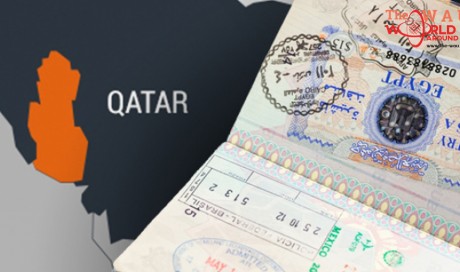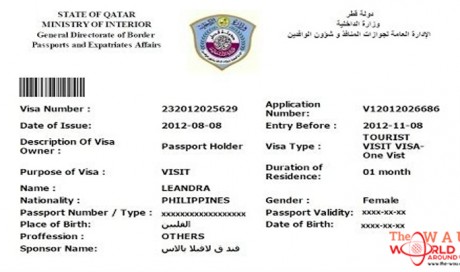We live in the age of globalisation, where the movement of people and goods is relatively less restricted as it used to be. With the advancements in technology and the modes of transportation the movement of people across country borders has increased at a tremendous pace and at the same time the travel time has been drastically brought down. The movement of people in turn generates employment for millions of people, keeps the economy of countries running and also enables the fusion of the different world cultures and ways of life. However, there are downsides to it as well for instance the decreased time-travel has increased the chances of contagious diseases originating from one corner of the world to spread across the world in a very accelerated frame of time, which would otherwise be nearly impossible.
Research suggests that airports play the most important role in the spread of diseases. According to a computer model developed by the Massachusetts Institute of Technology, the JFK international airport and the Los Angeles International Airport are most likely to cause disease to spread, suggesting that air travel plays a major role in spreading diseases across countries.
To mitigate the risk of diseases being brought into the country by visitors or workers of foreign origins, countries have taken some precautionary steps to keep the carriers away and block their entry into the country. Qatar too has taken similar steps in order to prevent the people carrying contagious diseases from entering the country.
All newcomers wishing to work and live in Qatar are required by law to undergo a health screening after landing in the country to be able to receive a Work Residence Permit (RP).
Job seekers from countries such as India, Nepal, Pakistan, and Sri Lanka etc. are further required to complete a separate medical check-up at home through one of the approved clinics abroad before coming to Qatar.
Upon arrival in Qatar, the Medical Commission is responsible for conducting medical examinations, with the aim of protecting the health of the Qatar population and preventing the spread of infectious diseases.
Newcomers are required to first obtain a blood-type certificate from any clinic for a nominal fee before undergoing the Medical Commission exam, which comprises of a blood test and chest X-ray. The diseases that can end up getting an expat deported are:
1. HIV/AIDS:

Acquired Immuno Deficiency Syndrome is a clinical condition characterised by drastic decrease of a person’s immunity following infection by the HIV virus. Currently no cure is available for this disease. The disease is highly contagious and can spread through blood and blood borne products, infected needles, and sexual transmission and from mother to child at the time of birth. The virus attacks and lowers the host’s immunity in such a manner that the body cannot fight even against common infections.
...[ Continue to next page ]
Share This Post















